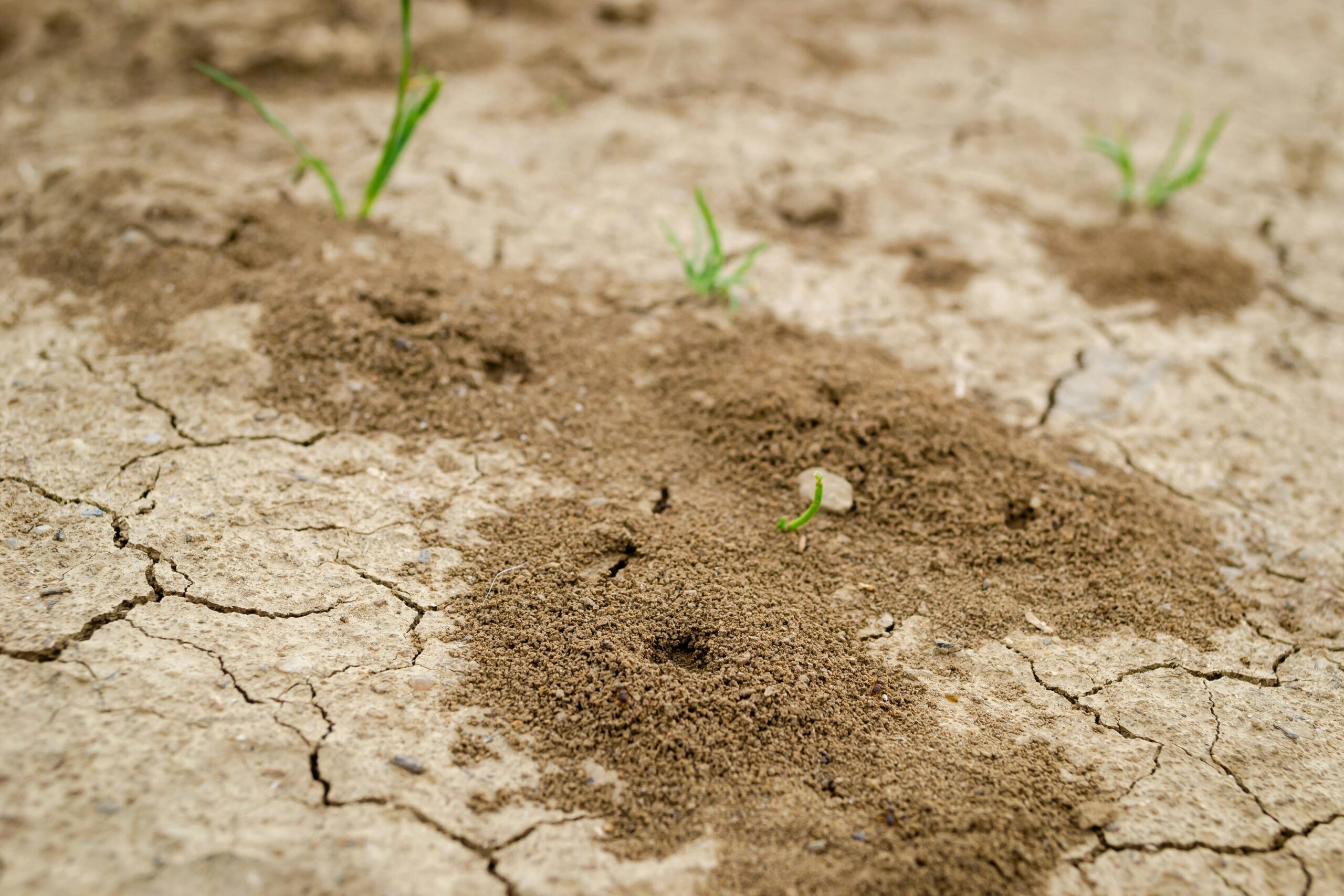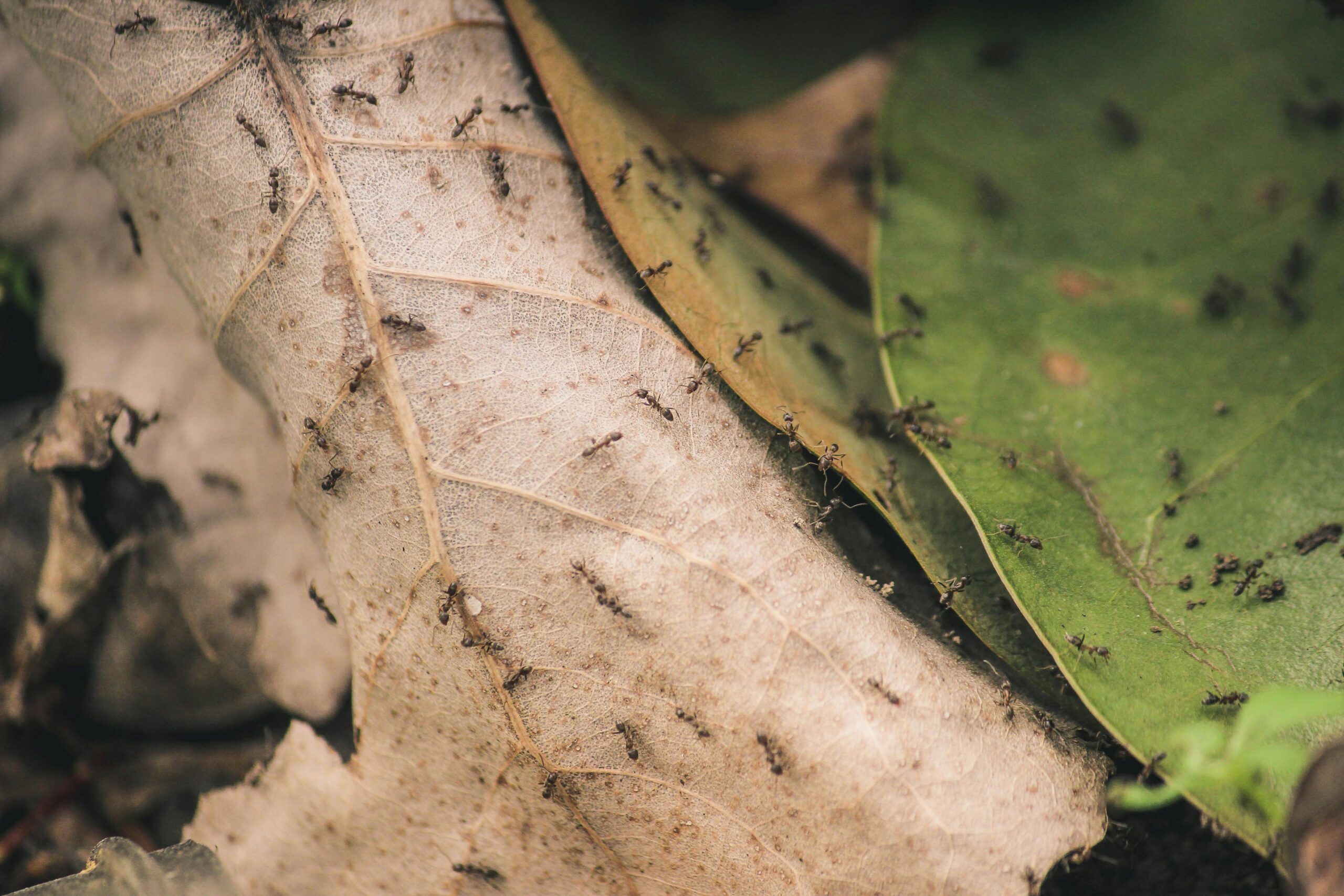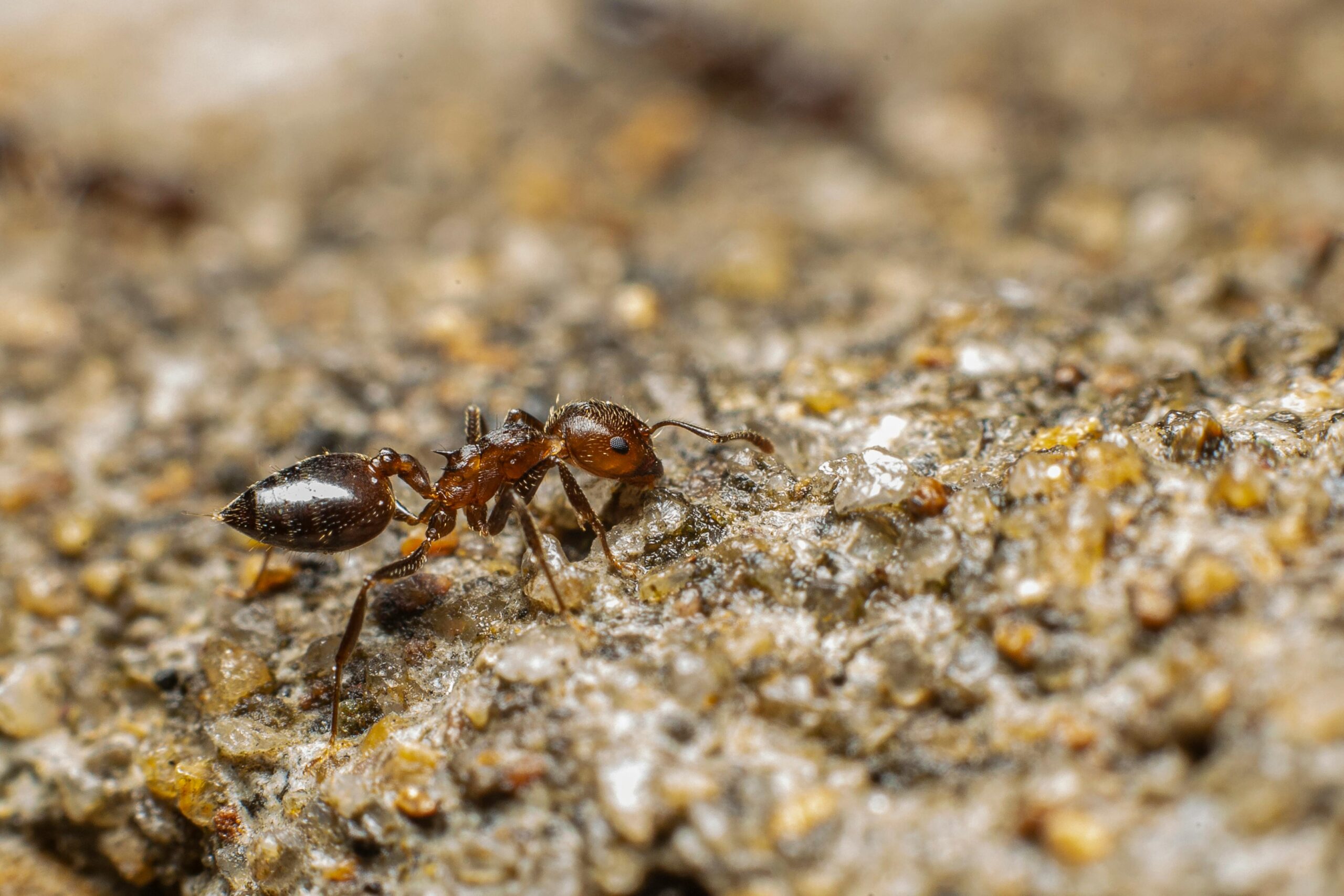Ants are more than just tiny insects crawling around your garden—they’re vital contributors to ecosystems worldwide. With over 12,000 species identified, ants exhibit behaviors and adaptations that not only showcase their intelligence but also highlight their ecological importance. In this article, we’ll explore the science behind ants and their diverse roles in the environment, focusing on their impact through a lens of biology and ecology.
Ant Colonies: A Model of Social Organization
One of the most fascinating aspects of ants is their highly organized social structure. Ant colonies operate as superorganisms, with each member fulfilling a specific role, such as workers, soldiers, and queens. The division of labor in ant societies is a textbook example of eusociality, the highest level of social organization in the animal kingdom.
Researchers have studied ant communication extensively, discovering that ants use chemical signals called pheromones to coordinate their activities. These pheromones guide everything from food collection to defense strategies. The efficiency of these networks has even inspired algorithms used in computer science, such as ant colony optimization for solving complex problems.
Ants and Soil Microbial Communities
From a scientific perspective, ants play a crucial role in shaping soil microbial communities. Their tunneling activity brings oxygen deeper into the soil, creating an ideal environment for beneficial microorganisms. These microbes, in turn, aid in decomposing organic material and releasing nutrients essential for plant growth.
Studies have shown that areas with high ant activity often have increased microbial diversity. This symbiotic relationship between ants and soil microbes not only boosts soil health but also contributes to carbon cycling, a critical process in mitigating climate change.
The Role of Ants in Ecosystem Productivity
Ants are considered ecosystem engineers because they modify their environment in ways that enhance its productivity. Their foraging behavior and nest-building activities redistribute nutrients within the soil. For example, leafcutter ants collect plant material to cultivate fungi, which they use as a food source. This activity enriches the surrounding soil with organic matter, promoting plant growth.
Additionally, ants’ seed-dispersing activities—a process known as myrmecochory—play a pivotal role in the regeneration of plant populations. Ants transport seeds to nutrient-rich areas, often burying them in locations that protect them from predators and harsh environmental conditions.
Ant Biodiversity and Climate Adaptation
Ants’ ecological roles vary significantly among species. For instance, desert ants have adapted to survive extreme heat by developing specialized navigation skills using polarized light and thermal tolerance mechanisms. Meanwhile, rainforest ants contribute to maintaining the delicate balance of these biodiverse ecosystems by recycling organic matter and preying on pests.
Research into ant biodiversity has provided insights into how ecosystems might adapt to climate change. Ants are highly sensitive to temperature changes, making them excellent bioindicators for studying the effects of global warming. Monitoring ant populations can reveal shifts in ecological health, helping scientists predict and mitigate environmental challenges.
Challenges in Ant Conservation
Despite their ecological importance, ants face threats from habitat destruction, pesticide use, and invasive species. Urbanization often disrupts the natural habitats of native ants, reducing their populations and altering ecosystem dynamics. Additionally, invasive ant species can outcompete native ants, leading to a loss of biodiversity.
Conservation efforts for ants require a multifaceted approach, including preserving natural habitats, reducing chemical pesticide usage, and educating the public about ants’ ecological value. Scientists also emphasize the importance of studying ant behavior and genetics to develop targeted conservation strategies.
The Future of Ant Research
Ants continue to be a focal point for scientific research, offering insights into fields ranging from ecology to robotics. For example, the study of ant navigation has influenced the development of autonomous robots capable of navigating complex environments. Similarly, understanding how ants optimize resource allocation within their colonies has applications in logistics and network management.
With ongoing research, we can unlock even more secrets about these remarkable creatures and their contributions to the natural world. By appreciating and protecting ants, we not only support the ecosystems they sustain but also gain valuable knowledge to address global challenges.



